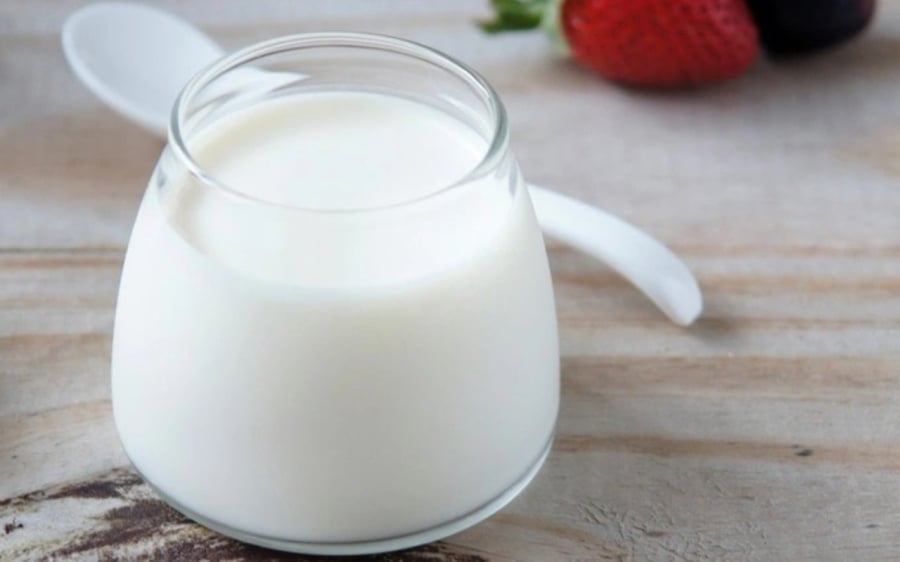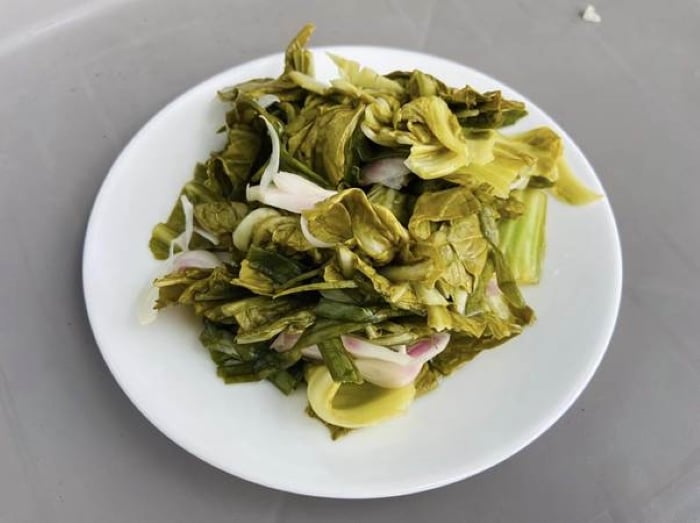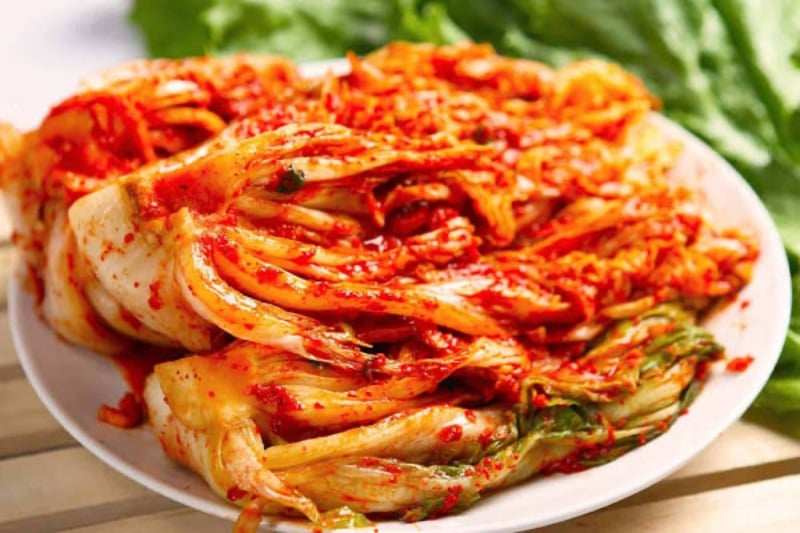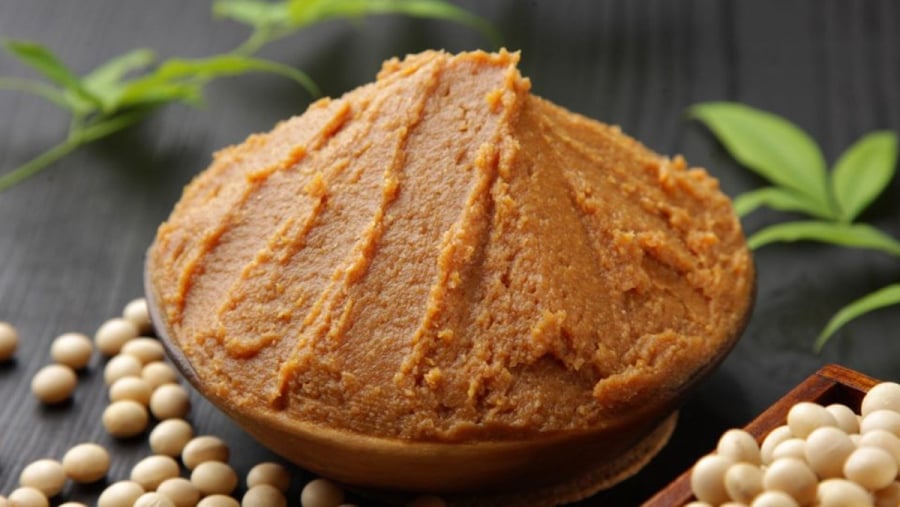The gut microbiome, also known as the microbiota, is a collection of trillions of bacteria that reside in the digestive tract, acting as a second brain for the body.
According to research published in Nature Reviews Microbiology (2016), the gut microbiome not only aids digestion but also influences mood, immune function, and even the risk of chronic diseases such as obesity and type 2 diabetes. Probiotics are beneficial bacteria that help balance the microbiome, fight harmful bacteria, and maintain a healthy gut.
Here are 5 familiar and easily accessible foods, backed by science, that offer superior benefits for gut health:
1. Plain Yogurt
Yogurt is one of the most popular probiotic-rich foods, containing strains such as Lactobacillus and Bifidobacterium.
A 2018 study in the Journal of Dairy Science found that plain yogurt increases the number of beneficial bacteria in the gut, improves digestion, and reduces digestive disorders like bloating and constipation.
To maximize the benefits, opt for plain yogurt with no added sugar, preferably homemade or with a “live active cultures” label.

2. Pickles
Pickles, a traditional side dish in Vietnamese family meals, are a natural source of probiotics due to the lactic acid fermentation process.
According to Applied and Environmental Microbiology (2014), pickles contain Lactobacillus plantarum, a bacterium that boosts immunity and reduces gut inflammation. When making pickles at home, use clean salt and ensure a natural fermentation process, avoiding industrially-made pickles with vinegar or preservatives that may reduce the probiotic count.
However, consume pickles in moderation due to their high salt content, which can affect blood pressure. A reasonable frequency is no more than 3 times a week, with a small amount each time.

3. Kimchi
Kimchi, a traditional Korean dish, is not just an appealing side dish but also a “superfood” for gut health. Kimchi is made by fermenting napa cabbage, radish, scallions, and spices like chili peppers, garlic, and ginger, containing beneficial bacteria such as Lactobacillus kimchii.
A study published in Frontiers in Microbiology (2020) found that kimchi improves the gut microbiome, reduces the risk of irritable bowel syndrome (IBS), and enhances nutrient absorption.
You can add kimchi to fried rice or noodles or use it as a side dish to boost both flavor and probiotics.

4. Miso Paste
Miso, a fermented soybean, rice, or barley paste, is a wonderful source of probiotics in Japanese cuisine.
According to the Journal of Nutritional Science (2019), miso contains Aspergillus oryzae and other fermenting bacteria, which improve digestion and reduce inflammation. A bowl of warm miso soup with seaweed and tofu is not only nourishing but also promotes a healthy gut.
However, avoid boiling miso for too long, as high temperatures can kill the beneficial bacteria.

5. Kombucha (Fermented Tea)
Kombucha, a fermented tea, is gaining popularity for its unique flavor and health benefits. Made from tea, sugar, and a SCOBY (Symbiotic Culture of Bacteria and Yeast), kombucha contains beneficial bacteria such as Acetobacter and Gluconacetobacter.

A 2021 study in Food Microbiology found that kombucha improves the gut microbiome and supports liver function. You can make kombucha at home or choose commercial products labeled “unpasteurized” to ensure live probiotics.
Drinking a glass of kombucha daily is a fantastic way to refresh your digestive system.
































